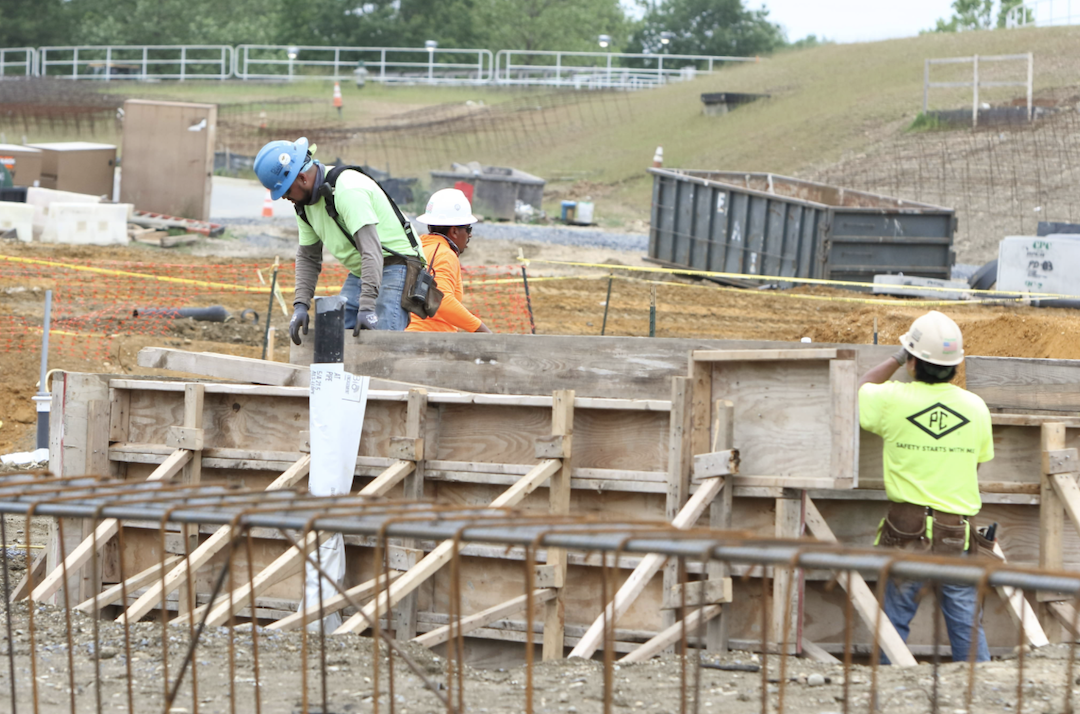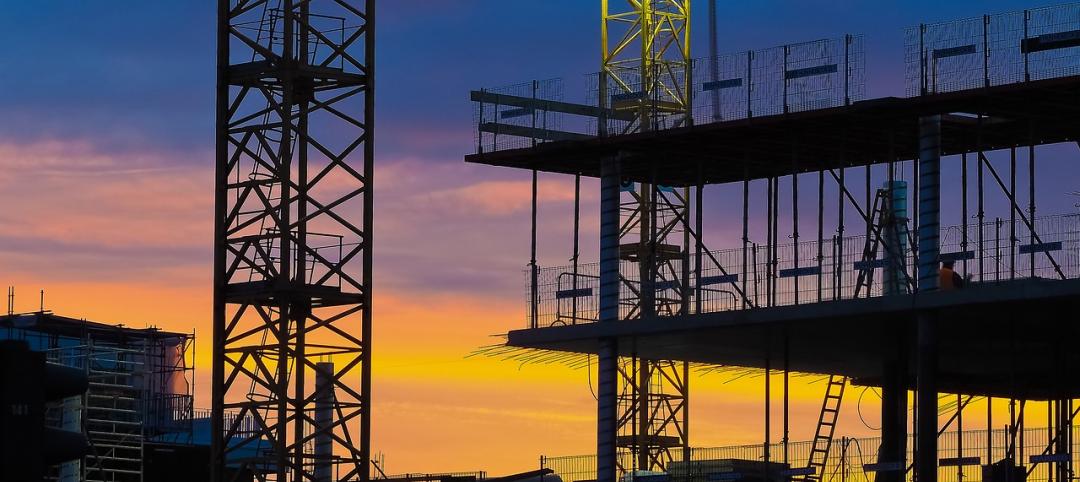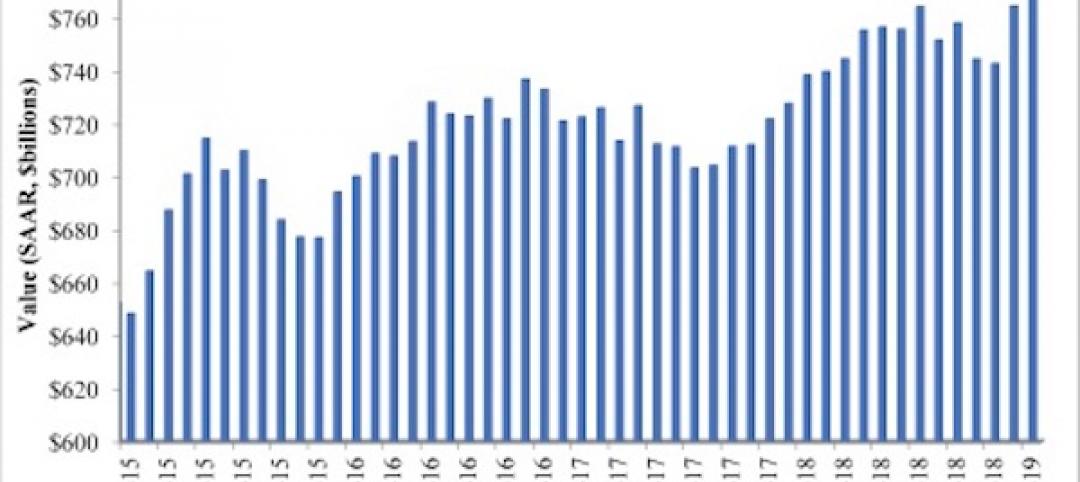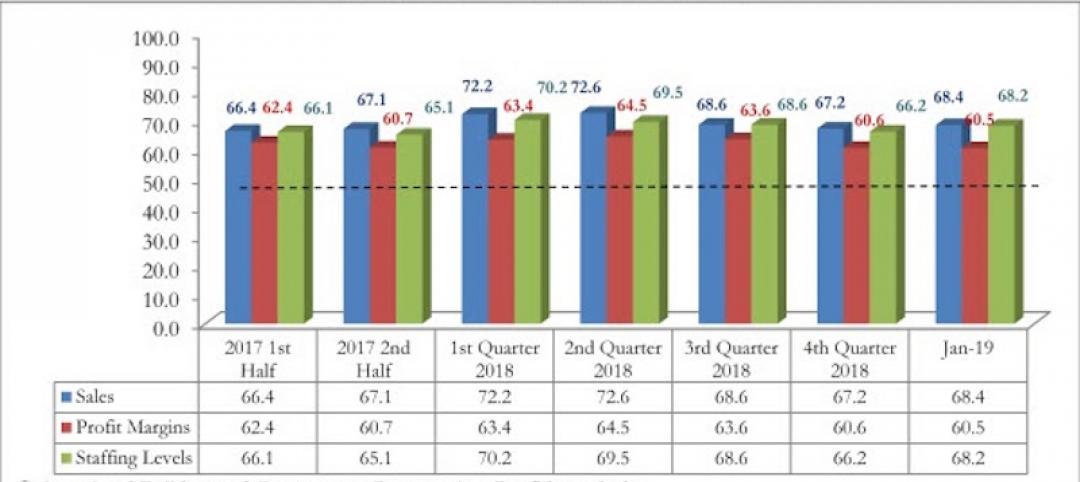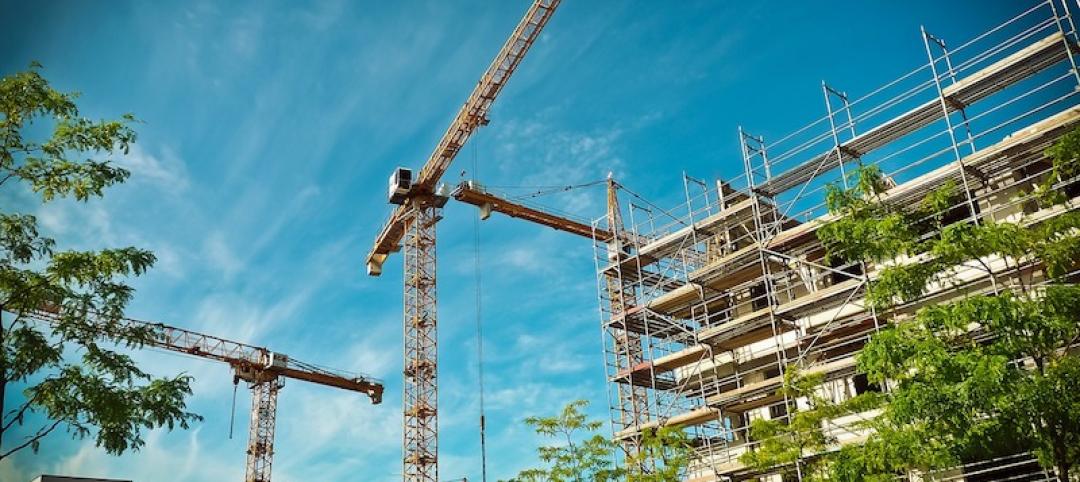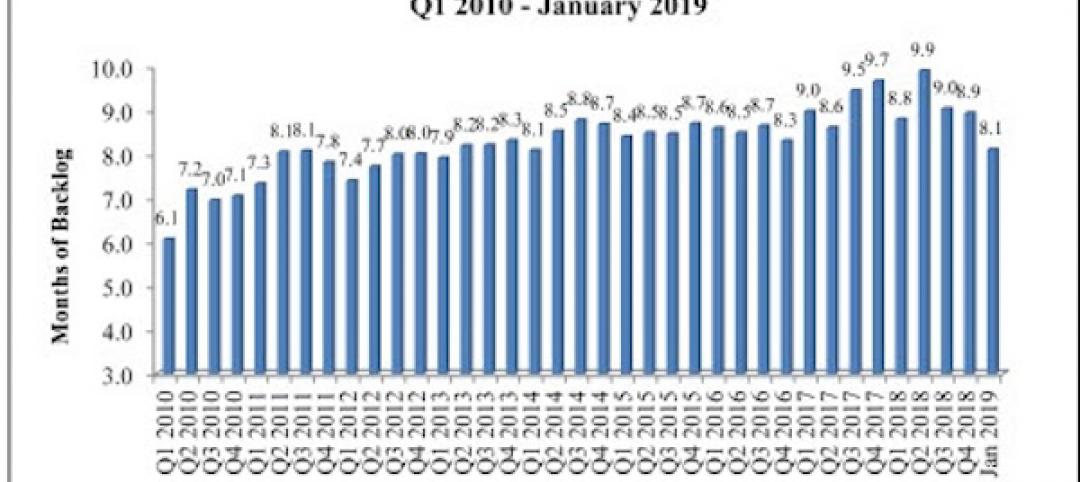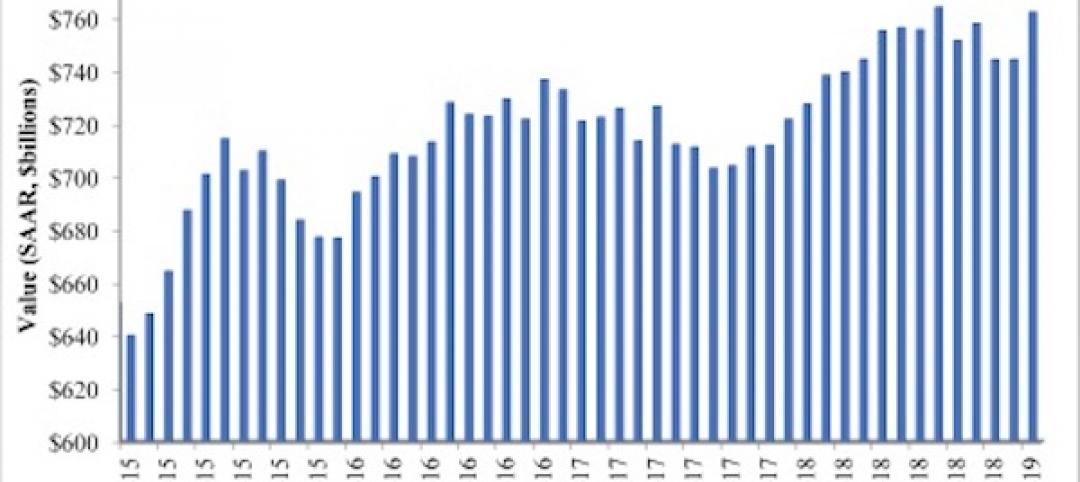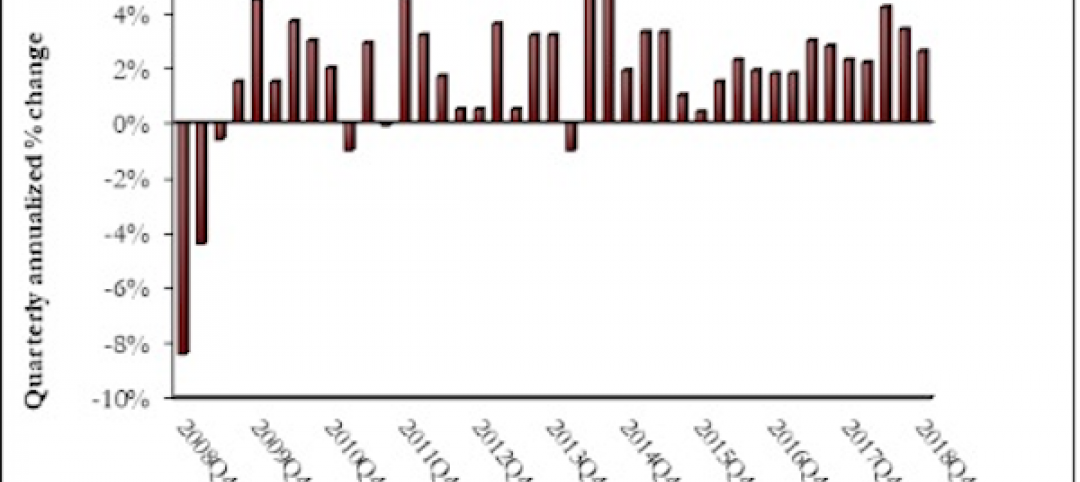Nearly one-fifth of U.S. metro areas lost construction jobs between September 2020 and September 2021, according to an analysis by the Associated General Contractors of America of government employment data released today. Association officials noted that the job losses are occurring in many metro areas as plans to boost investments in infrastructure languish in Washington and firms cope with shortages, delivery delays and construction materials price increases.
“Many metro areas are having a hard time getting back to construction employment levels from last fall that were already low because of the pandemic,” said Ken Simonson, the association’s chief economist. “The challenge is that the economic recovery for the construction industry is being undermined by Washington’s failure to boost infrastructure investments and continuing supply chain disfunction.”
Construction employment declined from a year earlier in 67 metros and held steady in 33. Nassau County-Suffolk County, N.Y. lost the most jobs (-6,000 or -8%), followed by New York City (-5,500 jobs, -4%); New Orleans-Metairie, La. (-3,100 jobs, -12%); Calvert-Charles-Prince George’s, Md. (-3,100 jobs, -9%) and Baltimore-Columbia-Towson, Md. (-2,400 jobs, -3%). The largest percentage declines were in Evansville, Ind.-Ky. (-18%, -1,800 jobs); New Orleans-Metairie; Fairbanks, Alaska (-10%, -300 jobs); Knoxville, Tenn. (-10%, -1,800 jobs); Gadsden, Ala. (-9%, -100 jobs); Calvert-Charles-Prince George's; and Victoria, Texas (-9%, -300 jobs).
Construction employment increased in 258 out of 358 metro areas over the last 12 months. Sacramento--Roseville--Arden-
Association officials urged members of Congress in the House to quickly pass an infrastructure bill that already received broad, bipartisan support in the Senate. They also encouraged the Biden administration to explore ways, like temporarily adjusting hours of service rules for drivers, to unclog shipping facilities that how more goods than drivers.
“Washington leaders have the ability to fix our supply chains now while also investing in their long-term efficiency,” said Stephen E. Sandherr, the association’s chief executive officer. “But nothing is going to get fixed with partisan talk and legislative and executive inaction.”
View the metro employment data, rankings, top 10, new highs and lows, and map.
Related Stories
Market Data | Apr 16, 2019
ABC’s Construction Backlog Indicator rebounds in February
ABC's Construction Backlog Indicator expanded to 8.8 months in February 2019.
Market Data | Apr 8, 2019
Engineering, construction spending to rise 3% in 2019: FMI outlook
Top-performing segments forecast in 2019 include transportation, public safety, and education.
Market Data | Apr 1, 2019
Nonresidential spending expands again in February
Private nonresidential spending fell 0.5% for the month and is only up 0.1% on a year-over-year basis.
Market Data | Mar 22, 2019
Construction contractors regain confidence in January 2019
Expectations for sales during the coming six-month period remained especially upbeat in January.
Market Data | Mar 21, 2019
Billings moderate in February following robust New Year
AIA’s Architecture Billings Index (ABI) score for February was 50.3, down from 55.3 in January.
Market Data | Mar 19, 2019
ABC’s Construction Backlog Indicator declines sharply in January 2019
The Construction Backlog Indicator contracted to 8.1 months during January 2019.
Market Data | Mar 15, 2019
2019 starts off with expansion in nonresidential spending
At a seasonally adjusted annualized rate, nonresidential spending totaled $762.5 billion for the month.
Market Data | Mar 14, 2019
Construction input prices rise for first time since October
Of the 11 construction subcategories, seven experienced price declines for the month.
Market Data | Mar 6, 2019
Global hotel construction pipeline hits record high at 2018 year-end
There are a record-high 6,352 hotel projects and 1.17 million rooms currently under construction worldwide.
Market Data | Feb 28, 2019
U.S. economic growth softens in final quarter of 2018
Year-over-year GDP growth was 3.1%, while average growth for 2018 was 2.9%.


